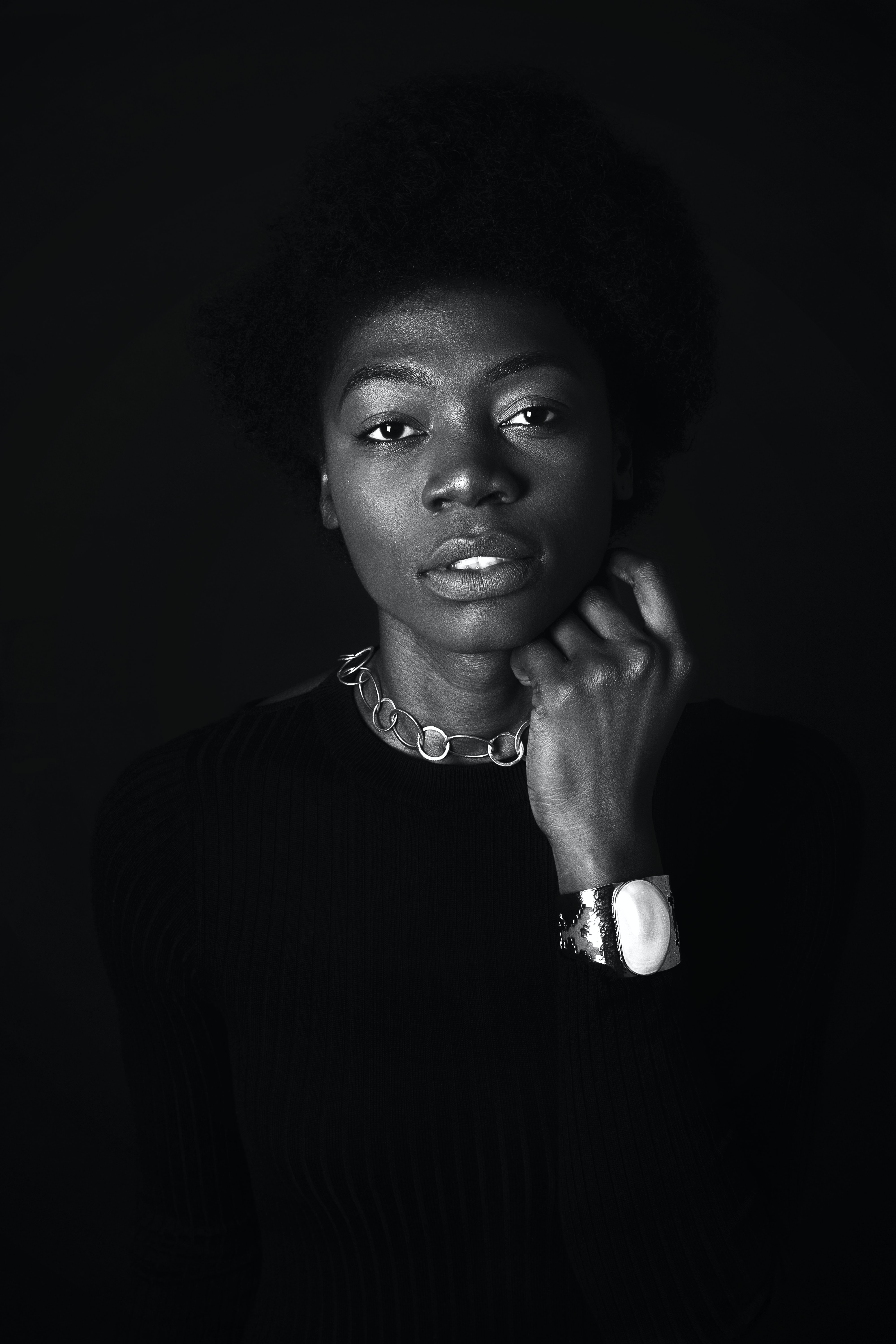The attention on social injustice has created an unprecedented stir. Organizations are working to understand the effects within their walls and plot a way forward.
Women, in particular Black women, have experienced the unwanted impact of bias on their careers. According to the McKinsey & Company/Lean In Women in the Workplace 2019 Report, Black women are most likely to experience microaggressions, and least likely to advance to higher level leadership positions.
Microaggressions – subtle, unintentional or intentional, everyday slights that communicate a bias toward a targeted person or group – erode the fiber of a culturally inclusive, equitable workplace. Added to that is an innate conscious or unconscious preference to associate primarily with those who share similar experiences, childhood rearing, education, or appearance. Together, these present Black women a monumental challenge to overcome in the workplace.
Black women are emotionally spent. They engage in conversations hoping for real listening and measurable change. Yet, there is silence as organization-wide initiatives materialize.
Executive Leaders Create the Environment for Change
The C-suite and senior leaders create the foundation for an authentic culture of diversity, inclusion, and equality.
While ushering in systemic change, executive leaders can act now. How? Become a deliberate ally for Black women who are direct reports and those within your organizational structure.
Right-Now Executive Leadership Actions
Action: Take a pulse check of personal microaggression and affinity tendencies.
Microaggressions and an affinity for those who share similarities to oneself begin with thoughts. The manifestation emerges in words and actions.
And, Black women are doubly exposed to microaggressions and affinities because of race and gender.
While many women experience microaggressions, navigating recurring incidents is emotionally taxing to Black women who constantly manage negative stereotypes.
Signals that indicate slights within a racial context include –
- A seemingly harmless compliment – “You’re so articulate” – expresses a surprise that she is a highly competent communicator.
- She is talked over during meetings.
- When recommending a viable course of action, it is not considered until someone of the same affinity as the executive communicates or affirms the recommendation.
- Leaders of equal positional status greet each other with a handshake, yet the Black woman is completely ignored, not welcomed at the table, or automatically presumed to hold a lower position and shown less consideration.
For many Black women, microaggressions are pervasive in the workplace. Individually viewed, the behaviors seem small. But, repeated slights and subtle insults impact the work experience. These ultimately affect her emotional and intellectual connection to the organization.
Action: Practice allyship.
Black women operate under the “Angry Black Woman” stereotype. If she were to address each microaggression, it would only proliferate the stereotype and further impede her career progression.
Be an ally. Don’t remain silent when unfairness occurs – when you see something, do something, say something.
Choose the time and place to address the issue. Manage the matter timely to mitigate any further non-inclusive behavior. Actively promote diversity, inclusion, and equity.
Action: Have a genuine career conversation.
Intentionally initiate career conversations with Black women who are direct reports. It’s an opportunity to create a powerful business connection as you learn more about her career, goals, and ambitions. Equally important, ensure that leaders within your organizational structure take similar actions.
Consider the following as you engage in an interactive, ongoing dialogue –
- Gain a glimpse into the values and life events that influence your approaches to doing business.
- Identify connectors in your career experiences and interests that establish a springboard for ongoing career conversations.
- Genuinely affirm her strengths.
- Demonstrate fortitude in surfacing, with good intent, weaknesses that could stand in the way of her desired career progression.
- Commit to collaborating, co-creating, and championing her career development.
What makes this conversation work? Authenticity and trust.
Build a bridge and vision for the future. Invest in Black women’s career advancement and success, moving from a conversation to becoming an active sponsor or mentor.
Next Step Actions – Sponsorship and Mentoring
While it is typical for sponsors to surface as a natural process, Black women may not realize sponsorship as easily or as quickly as their peers.
Consider sponsorship as the business relationship develops. Using your position of power and influence to advocate for her advancement will create a win, win opportunity – for the organization and your team member.
The other dimension – mentoring – is an avenue to offer insight and advice on how she can advance in her career. Be willing to establish an ongoing mentoring relationship that may include leadership development.
A Call to Action
Change begins now. What will you do today to make a difference?
Contact us for a Discovery consultation.
About the Author
Lillian Davenport, SPHR, SHRM – SCP, CTACC, Principal, End View Solutions, LLC
Lillian Davenport is a coach, consultant, and women’s leadership strategist. Her leadership program, THE END VIEW FLAME SYSTEM, guides women in bringing together their talents, strengths, and executive presence to experience a thriving career.
Lillian’s career as a human resources leader includes roles at JPMorgan Chase & Co., Woodforest National Bank, and American International Group, Inc. (AIG), where she leveraged employee relations, and diversity and inclusion expertise in leadership development.


